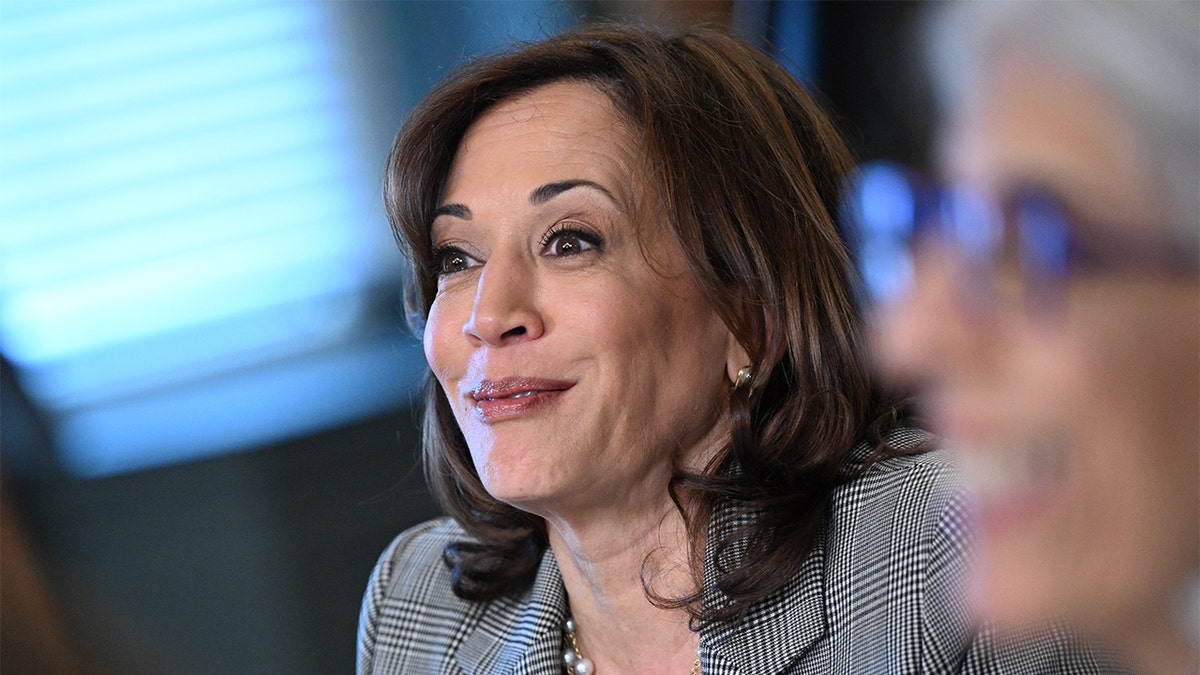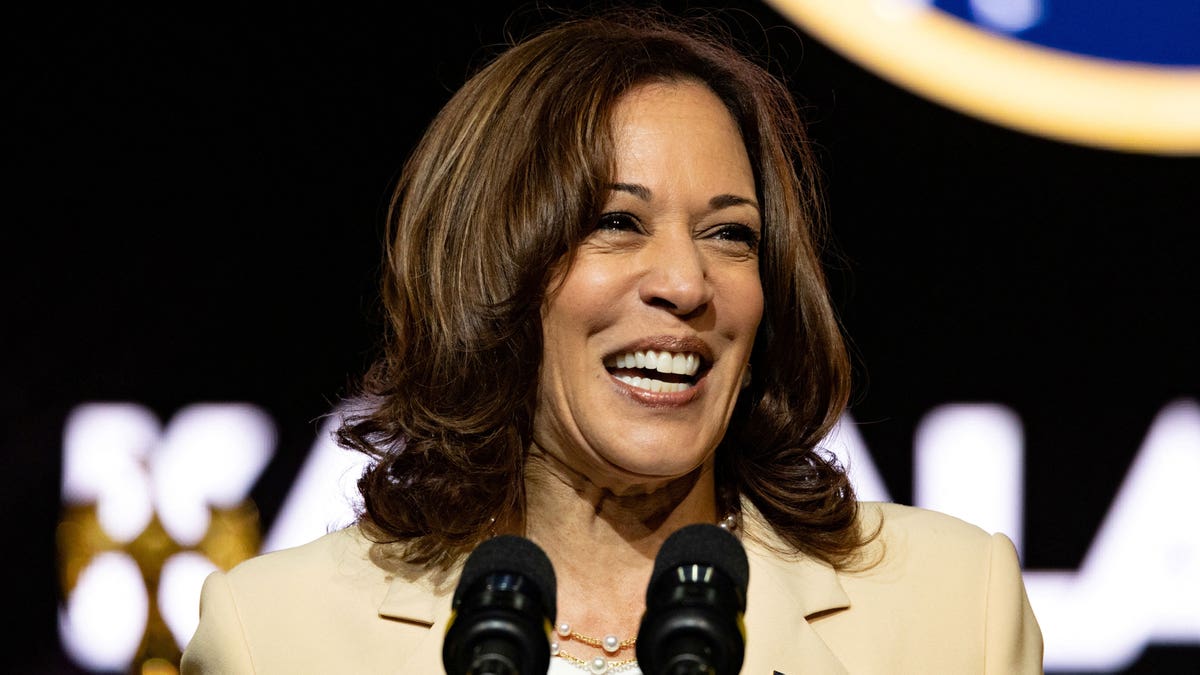Vice President Kamala Harris has made history, equaling the record for tie-breaking votes cast by a sitting vice president in the U.S. Senate. Her 31st deciding vote propelled President Biden's nominee, Kalpana Kotagal, forward for a position on the Equal Employment Opportunity Commission. This achievement puts her on par with John C. Calhoun, who served as vice president from 1825 to 1832.
Reflecting on this milestone, Harris stated, "It is a significant moment, and I believe there's still much work to be done. My mother always told me I might be the first to accomplish many things, but I must ensure I'm not the last."

Harris reached this record number in just 2 1/2 years, compared to Calhoun's eight years. This accelerated pace underscores the current political landscape, characterized by a closely divided Senate and intense partisan divisions. Vice presidential historian Joel K. Goldstein highlighted this, noting that the frequency of tie-breaking votes speaks more to the polarized political climate than anything else. Even routine matters now require vice presidential intervention.
The historic vote itself was a straightforward affair. Harris entered the Senate chamber, cast her vote, and received congratulations from Senate Majority Leader Chuck Schumer (D-NY).
The U.S. Constitution designates the vice president as the president of the Senate, granting them voting power solely in the event of a tie. As of July 12, 2023, only 299 tie-breaking votes have been cast by vice presidents throughout U.S. history.

Schumer described the vice president's tie-breaking responsibility as a substantial burden, praising Harris for executing her duties with exceptional skill while managing other demands of her position.
This tie-breaker role has significantly shaped Harris's first two years as vice president. Although Senate Democrats expanded their majority to 51 in November, absences within the Democratic caucus have necessitated her continued involvement in crucial votes.

Senator John Fetterman's (D-PA) hospitalization for clinical depression and Senator Dianne Feinstein's (D-CA) bout with shingles earlier this year led to their absence and further emphasized Harris's crucial role. Her tie-breaking votes have often been on contentious issues, particularly nominations lacking full Democratic support.
While this responsibility restricts Harris's travel for promoting the administration's achievements, it also positions her as a pivotal figure in passing significant legislation during Biden's first term. These include the American Rescue Plan, a $1.9 trillion pandemic relief measure, and the Inflation Reduction Act, a $739 billion tax and climate spending package. These legislative victories may serve as both accolades and points of contention in future political campaigns.
Comments(0)
Top Comments